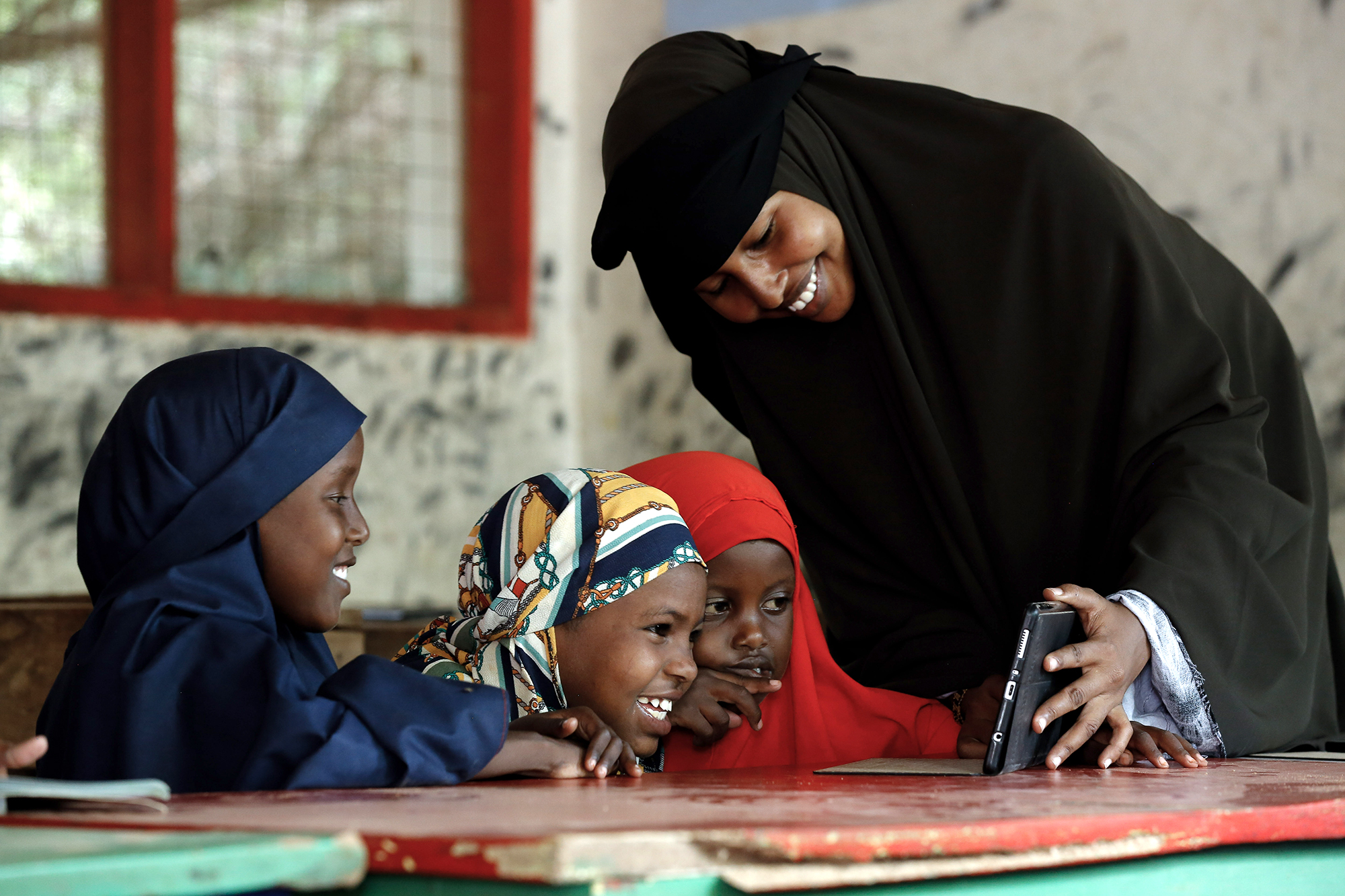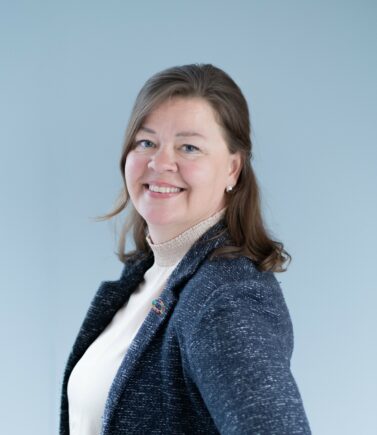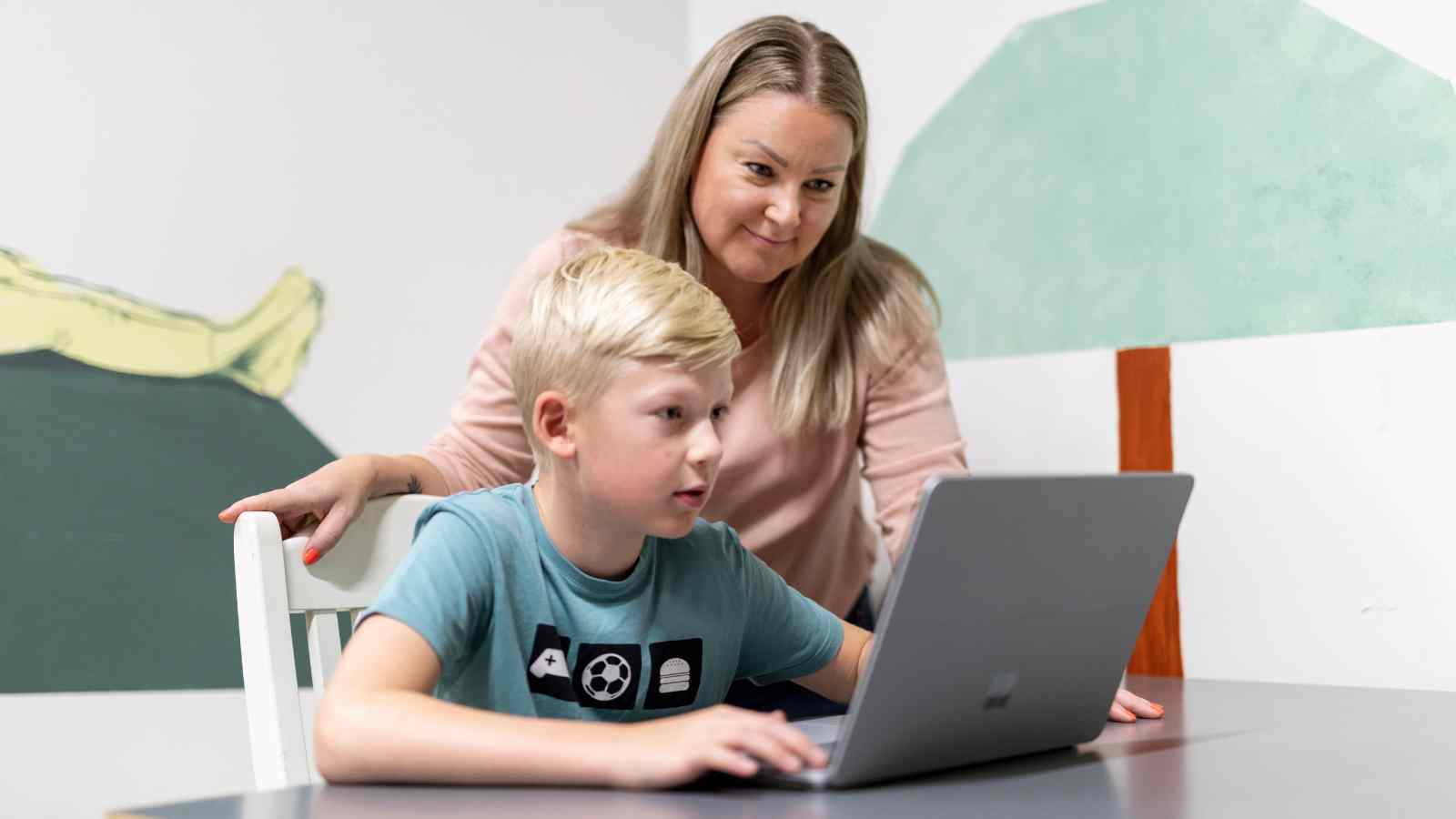Save the Children and Nokia have renewed their longstanding partnership through a new initiative in Kenya, dedicated to expanding access to inclusive digital education. This collaboration aims to foster equitable opportunities for learning by leveraging innovative technology solutions across schools and local communities.
The joint project kicking off in October 2025 will focus on bridging the digital divide that persists between regions and social groups in Kenya, ensuring that underserved areas gain access to vital digital resources.
“At Nokia, we are deeply committed to our sustainability strategy, which emphasizes bridging the digital divide and fostering inclusive access to technology and education. This partnership with Save the Children in Kenya exemplifies our dedication to connecting the unconnected and empowering underserved communities through innovative solutions. By leveraging our technology to support digital education, we aim to create meaningful opportunities for children and educators in underserved region, aligning with our vision of enabling a more inclusive and sustainable future for the Middle East and Africa region”, says Mikko Lavanti, Senior Vice President for Mobile Networks – Middle East and Africa at Nokia.
Implemented across three counties in North-Western and Southern Kenya, the initiative seeks to empower marginalized schools and communities through improved internet connectivity and access to digital tools. It supports Kenya’s national efforts to uphold the right to education and promote lifelong learning, even in the most remote areas.
“We are very delighted to continue working with Nokia with a project where education meets technology. This project reflects our shared commitment to providing equitable access to technology and quality education, especially in remote and underserved regions”, Camilla Ekholm, Manager for Global Corporate Partnerships at Save the Children in Finland expressed.
About the project
In its first phase, the project will directly impact over 3,000 learners through training and digital activities. Additionally, Nokia volunteers in Kenya will enhance the digital capacities of more than 30 teachers, while Save the Children provides specialized training on digital safety and children’s well-being.
Schools and community-based digital hubs will be equipped with computers and tablets for teaching, learning, and data collection. Moreover, solar-powered mobile broadband units generously supplied by Nokia will enable reliable internet access in areas where connectivity is limited.
The initiative also prioritizes inclusion by integrating assistive technologies and digital applications designed for learners with disabilities. This approach aims to promote full participation and reduce barriers to education for children with special needs.
Children and teachers will benefit from engaging in digital environments, tools, and educational games covering literacy, mathematics, mental health, and psychosocial well-being. These innovative learning resources will help nurture skills and bolster understanding in key subject areas.
“This collaboration is very welcome news, as its objectives strongly align with the strategic priorities of both the Government of Kenya and Save the Children in using digital technologies to expand learning opportunities for children. As an organization, we are eager to work closely with the Nokia team to explore further avenues of partnership that will enhance our shared impact,” says Pornpun Jib Rabiltossaporn, Country Director for Kenya and Madagascar at Save the Children.
Overall, the project aspires to positively impact more than 16,000 individuals, including schoolchildren, youth, parents, local leaders, and community members—creating a more inclusive and digitally empowered future for Kenya.
In case you wish to start a corporate partnership with us, please visit our website.
Camilla Ekholm
Manager, Global Corporate Partnerships



